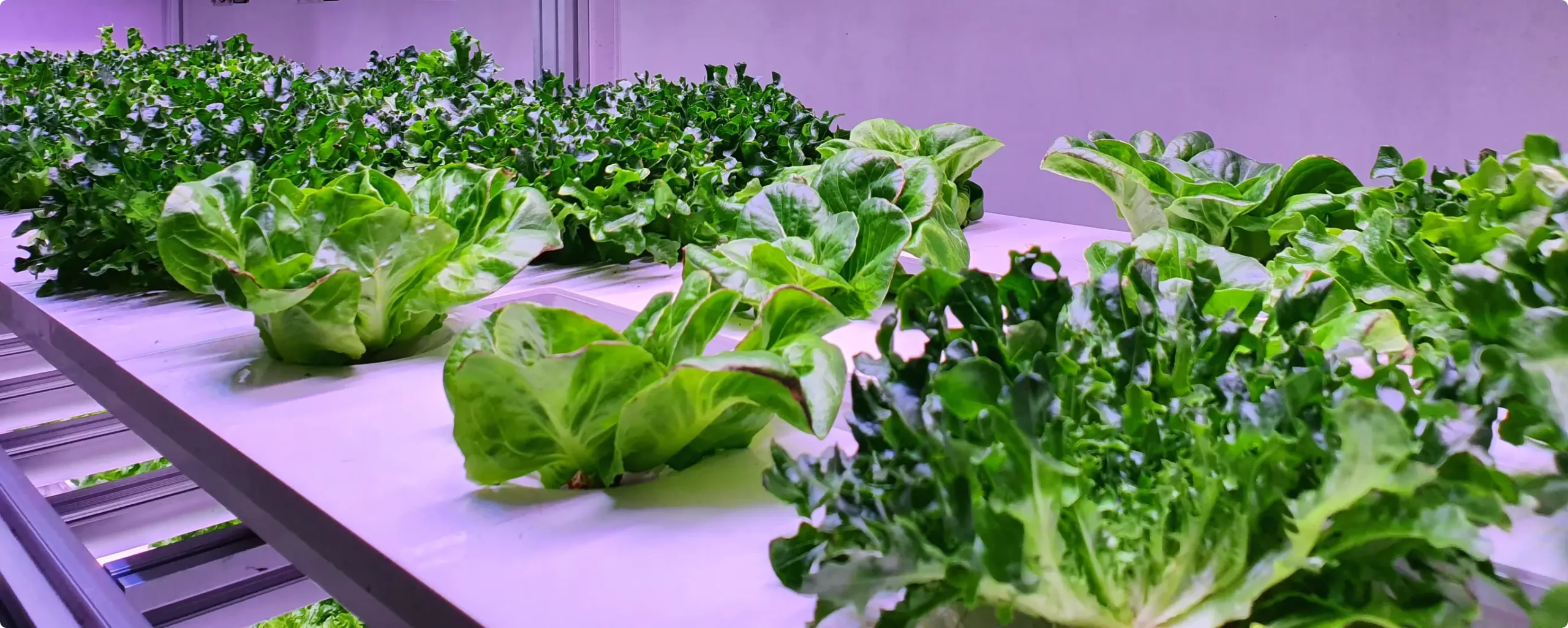Tower Gardens vs Soil Gardening: Hydroponic garden Tower systems and traditional soil gardens are two popular methods of growing plants. Both methods have their own advantages and disadvantages, so it’s very important to understand the differences before you decide which one is right for you!
Hydroponics Tower Garden Systems
Hydroponics tower garden systems are a type of vertical gardening system that uses a nutrient-rich water solution to grow your plants. The plants are suspended in the water solution, which is constantly circulated to provide them with the nutrients they need. Hydroponic garden tower systems are often used indoors, however, they can also be used outdoors in warm climates.
Pros and Cons For tower gardens vs soil gardening
Pros of Vertical Hydroponic Tower Systems
There are multiple benefits to using a hydroponic garden system, a few are mentioned below:
-
- Increased Crop Yields: Hydroponic plant towers can produce higher crop yields than traditional soil gardens. The plants have access to a constant supply of water and nutrients, which allows them to grow faster and more efficiently.
-
- Less Water Usage: These systems use less water than traditional soil gardens. This is because the water is constantly recycled, so there is no evaporation or runoff.
-
- No Soil-Borne Diseases: Outdoor hydroponic tower systems are not susceptible to soilborne diseases, which can damage or kill plants. This makes them a good choice for growing plants in areas with contaminated soil.
-
- Less Maintenance: Hydroponic plant tower systems require less maintenance than traditional soil gardens. This is because there is no need to water or fertilize the plants, and there are no weeds to remove.
Cons of Hydroponic Garden Systems
There are also some cons of hydroponic systems, including:
-
- Higher Initial Cost: Hydroponic tower garden systems can be more expensive to set up than traditional soil gardens. This is because you need to purchase the tower system, the water reservoir, and the nutrient solution.
-
- More Technical Expertise: Hydroponic garden tower systems require more technical expertise to set up and maintain than traditional soil gardens. This is because you need to understand how the system works and how to mix the nutrient solution.
-
- Potential for Nutrient Deficiencies: If the nutrient solution is not mixed properly, it can lead to nutrient deficiencies in the plants. This can damage or kill the plants.
Traditional Soil Gardens: Tower Gardens vs Soil Gardening
In a traditional soil garden, the plants are grown in the ground. The soil provides the plants with the nutrients they need to grow. Traditional soil gardens can be used to grow a wide variety of plants, both indoors and outdoors.
Pros of Traditional Soil Gardens
There are many benefits to using a traditional soil garden, including:
-
- Lower Initial Cost: Traditional soil gardens are less expensive to set up than hydroponic tower garden systems. This is because you don’t need to purchase any special equipment.
-
- Less Technical Expertise: Traditional soil gardens require less technical expertise to set up and maintain than hydroponic garden tower systems. This is because you don’t need to understand how the system works or how to mix the nutrient solution.
-
- Greater Variety of Plants: Traditional soil gardens can be used to grow a wider variety of plants than hydroponic systems. This is because the soil provides a more natural environment for the plants.
Cons of Traditional Soil Gardens
Below are some disadvantages to using a traditional soil garden:
-
- Lower Crop Yields: Traditional soil gardens often produce lower crop yields compared to hydroponic garden tower systems. This is because plants in soil gardens may face competition for nutrients and space, and their growth can be affected by soil quality, weather conditions, and pests.
-
- Weed Management: Soil gardens are more susceptible to weed growth, which can compete with your cultivated plants for nutrients, water, and sunlight. Weed control requires regular maintenance and can be time-consuming.
-
- Weather Dependency: Traditional soil gardens are highly dependent on weather conditions. Excessive rain, drought, frost, or extreme temperatures can negatively impact your garden and reduce crop yields.
In summary, both hydroponic systems and traditional soil gardens have their own set of advantages and disadvantages. Your choice between the two largely depends on your specific gardening goals, resources, and preferences.
For those exploring Tower Gardens vs Soil Gardening, a hybrid approach can offer the best of both worlds. By integrating the high efficiency and yield of tower gardens with the broader plant variety and simplicity of soil gardening, you can create a versatile and balanced gardening system that maximizes both productivity and plant diversity.
Ultimately, successful gardening is achievable with either approach when executed with care and knowledge.
Follow us on Facebook
